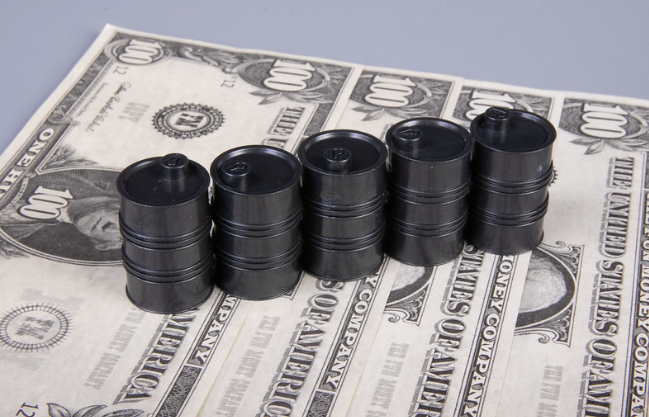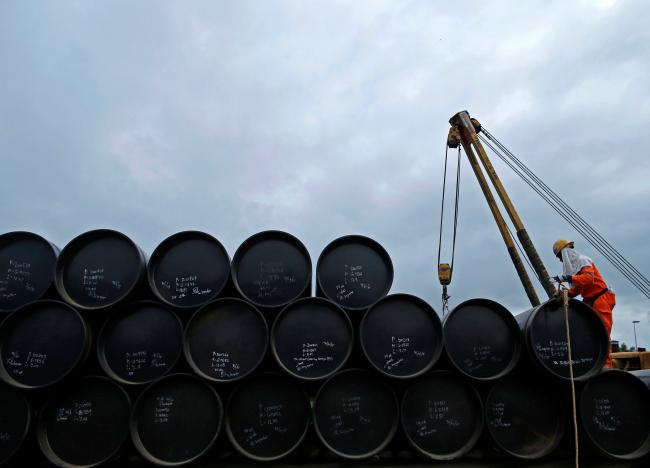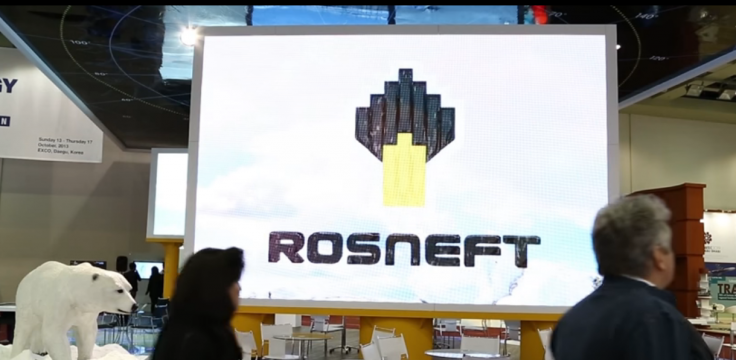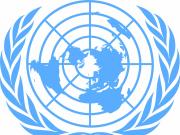The European Union has agreed on the price cap on Russian crude, an idea mooted by the G7 months ago. As per the agreement, signatories to the deal will buy Russian crude at or below $60. The EU was earlier backing a proposal to set the cap at $65-$70 range but Poland objected to it. saying the price cap was to high.
EU leaders expect to announce the deal shortly as Warsaw has come on board after the bloc apparently tweaked the price range.
The western allies are looking at choking Russia off the billions of dollars of revenue from crude oil, thereby depriving Moscow of funds to carry on with its war on Ukraine.

Russia had categorically said earlier it would reject any price cap and refuse to sell to countries that follow the price cap. Oil market experts had earlier raised concerns if the price cap would become effective even as Russia's Asian allies are ramping up purchases from Moscow.
Details
The price cap of $60 per barrel will likely come into effect next Monday. The enforcement is timed in such a way as to coincide with the EU embargo on Russian crude oil, which was announced months ago and is supposed to come into effect on December 5.
Buyer nations that sign the G7-led price cap agreement can buy sea-borne Russia crude only if it is priced at or below $60.
G7 and the EU say the price cap will cripple Russia's ability to fund its 'war of aggression'. The White House hailed the EU decision, saying it goes a long way in stopping President Vladimir Putin's 'war machine'.

The G-7 countries had mooted a price cap on Russian oil months ago as a measure to limit Moscow's access to funds it needs to carry on with the Ukraine war. The group finally rolled out the price cap in September, after extensively working with large companies in insurance, trading and shipping.
Why EU Decision is Significant
The EU decision to come together and enforce a price cap on Russian crude is significant as the bloc used to be the largest buyers of Russian crude. According to BBC, as of 2021, more than half of Russia's oil exports were shipped to Europe, with large European nations like Germany, the Netherlands and Poland mostly depending on Russian crude.
Will the Plan Work?
The measure is likely to be less crippling than anticipated. Over the last year Russia has found hungry Asian buyers that lap up Russian oil at huge discounts. Currently India and China are the largest single buyers of Russian crude oil and these nations beyond the pail of Eu and G-7 influence.
According to Oilprice.com, Russia produced 10.9 million barrels per day of crude in November and increased exports to China, India, South Korea and Japan. The move came in anticipation of two incoming decision - the price cap by the G7 and EU as well as the pre-announced EU embargo of Russian crude which is supposed to come into on December 5.
How Russia Deals With the Situation
As per a US Treasury estimate, Russia could sell as much as 80-90 percent of its crude outside of the price cap mechanism.This means that only about 1 to 2 million barrels per day of Russian crude will be off the markets if Moscow refuses to comply with the reduced prices.
Analysts observe that Russia can refuse to sell crude to European nations at the capped prices if Russia thinks it is too low. Vladimir Putin has already shown the Russian resolve by refusing to supply natural gas to EU countries that refused to meet payment demands.

How About Embargo and Insurance Denial?
The EU embargo on Russian crude delivered by tankers is a serious measure as conventionally Europe is the largest buyer of Russian crude. When the embargo comes into effect, Western countries will deprive insurance to tankers carrying Russian crude to other nations, posing a direct challenge to Russia's efforts to find alternative buyers.
As of now the Asian takeoff of Russian crude is healthy and robust. The $60 price cap will leave a huge impact on the Russian finances as the average price of Russian crude is $60 at the moment. However, Russia and its Asian buyers will need to monitor how the insurance scene plays out.
Russia's Production Boost
Russia has been increasing its oil output as it found more Asian buyers for crude at discount. The Open output reduction that came into force recently had a role to play in the scheme. The Ope move was derided by the US and West as Saudi Arabia did not heed to the specific US request to increase production. Russia has been making use of this supply crunch in the market to pump more oil.
"Going completely against expectations, Russia, which, according to its own official figures and to data from energy intelligence firm Kpler, actually ramped up production in November," Oilprice.com says.








